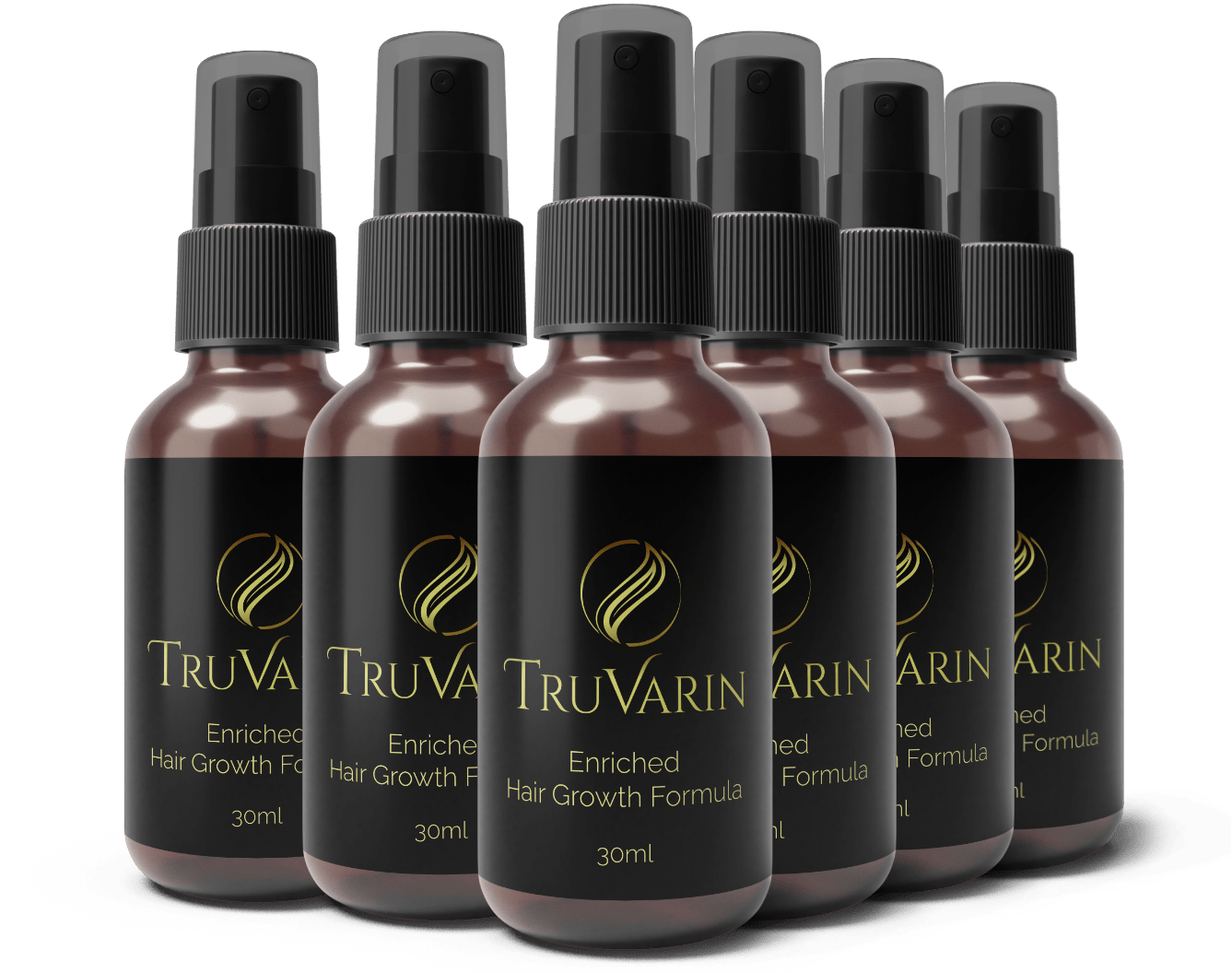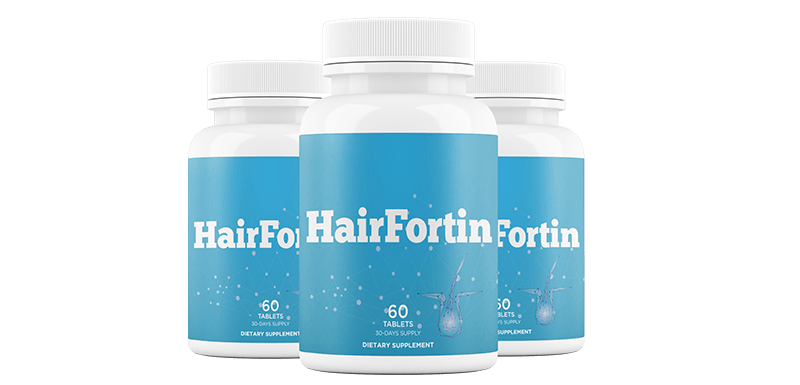Hair loss is one of the most common concerns for men worldwide. From receding hairlines to thinning crowns, millions of men struggle with bald spots that affect their appearance and confidence. The good news is that modern hair restoration treatments have evolved significantly, offering innovative, effective, and long-lasting solutions. In this comprehensive guide, we explore the best hair loss treatments for men, including both medical and natural options, so you can finally say goodbye to bald spots.
Understanding Male Hair Loss
Before exploring treatments, it’s crucial to understand the causes of hair loss. The most common form is androgenetic alopecia, also known as male pattern baldness. It is primarily driven by genetics and the hormone dihydrotestosterone (DHT). Other contributing factors include:
-
Hormonal imbalances
-
Poor nutrition
-
Stress and lifestyle habits
-
Certain medications
-
Scalp infections and conditions
Recognizing the underlying cause is the first step in selecting the most effective treatment.
FDA-Approved Medications for Hair Loss
Finasteride (Propecia)
One of the most popular prescription medications for hair loss, finasteride works by blocking DHT, the hormone responsible for shrinking hair follicles. Daily use has shown remarkable results in reducing hair loss and promoting regrowth in men.
Benefits:
-
Prevents further hair loss
-
Promotes thicker hair regrowth
-
Clinically proven effectiveness
Considerations:
-
Requires consistent daily use
-
Potential side effects such as reduced libido
Minoxidil (Rogaine)
An over-the-counter topical treatment, minoxidil stimulates blood circulation in the scalp and promotes hair follicle activity. Available in liquid or foam, it is applied directly to thinning areas.
Benefits:
-
Widely accessible without prescription
-
Increases hair density
-
Safe for long-term use
Considerations:
-
Results vary depending on the stage of hair loss
-
Must be used consistently
Advanced Hair Restoration Treatments
Platelet-Rich Plasma (PRP) Therapy
PRP therapy has become a breakthrough in non-surgical hair restoration. It involves extracting a patient’s own blood, processing it to concentrate the platelets, and injecting it into the scalp to stimulate growth.
Benefits:
-
Natural and safe (uses your own blood)
-
Boosts follicle regeneration
-
Enhances thickness and density
Low-Level Laser Therapy (LLLT)
Laser caps and combs use low-level laser light to increase blood flow to hair follicles and improve cellular activity. This therapy is painless, non-invasive, and can be done at home.
Benefits:
-
Stimulates dormant follicles
-
Can be combined with medications
-
Suitable for long-term maintenance
Hair Transplant Surgery
For men with significant bald spots, hair transplantation remains the gold standard. Techniques such as FUE (Follicular Unit Extraction) and FUT (Follicular Unit Transplantation) involve relocating healthy hair follicles to thinning areas.
Benefits:
-
Permanent and natural-looking results
-
Restores hairline and density
-
High patient satisfaction rates
Considerations:
-
Higher cost compared to other treatments
-
Recovery time required
Natural Remedies and Lifestyle Adjustments
Not all solutions involve prescriptions or surgery. Many men benefit from natural approaches that support scalp health and reduce hair loss.
Nutritional Support
A diet rich in biotin, zinc, iron, and vitamin D strengthens hair from the inside out. Omega-3 fatty acids and protein-rich foods also play a vital role in preventing thinning.
Scalp Massage and Essential Oils
Regular scalp massages improve circulation, while essential oils like rosemary, peppermint, and lavender oil can stimulate growth when used consistently.
Stress Reduction Techniques
Stress is a major contributor to hair shedding. Incorporating yoga, meditation, and exercise can significantly reduce cortisol levels and protect hair follicles.
The Future of Hair Loss Treatments
The hair restoration industry continues to innovate. Emerging treatments include:
-
Stem Cell Therapy: Harnessing stem cells to regenerate follicles.
-
Exosome Therapy: Using exosomes to deliver growth signals directly to scalp cells.
-
Genetic Research: Personalized treatments targeting DNA-related hair loss triggers.
These cutting-edge advancements promise more permanent and personalized solutions in the years ahead.
Choosing the Right Treatment Plan
With so many options available, the best strategy often involves a multi-therapy approach. Combining medications like finasteride and minoxidil with advanced therapies such as PRP or laser treatment often delivers superior results. Consulting with a qualified dermatologist or trichologist ensures you receive a personalized plan that matches your hair loss stage, budget, and long-term goals.
Conclusion
Bald spots no longer need to be a permanent reality. From FDA-approved medications to advanced therapies like PRP, LLLT, and hair transplants, men today have more options than ever to restore confidence and achieve fuller, healthier hair. By taking action early and choosing the right treatment plan, it’s entirely possible to say goodbye to bald spots once and for all.



.png)




